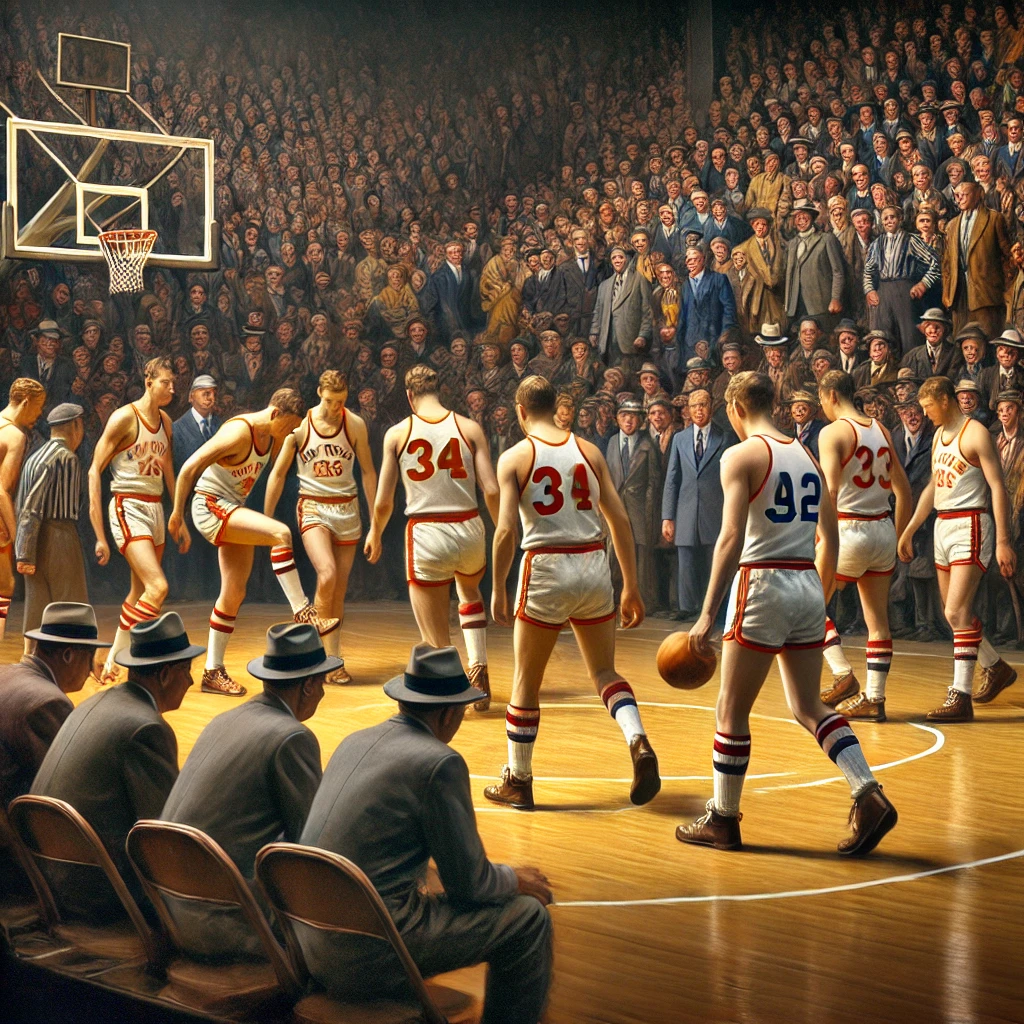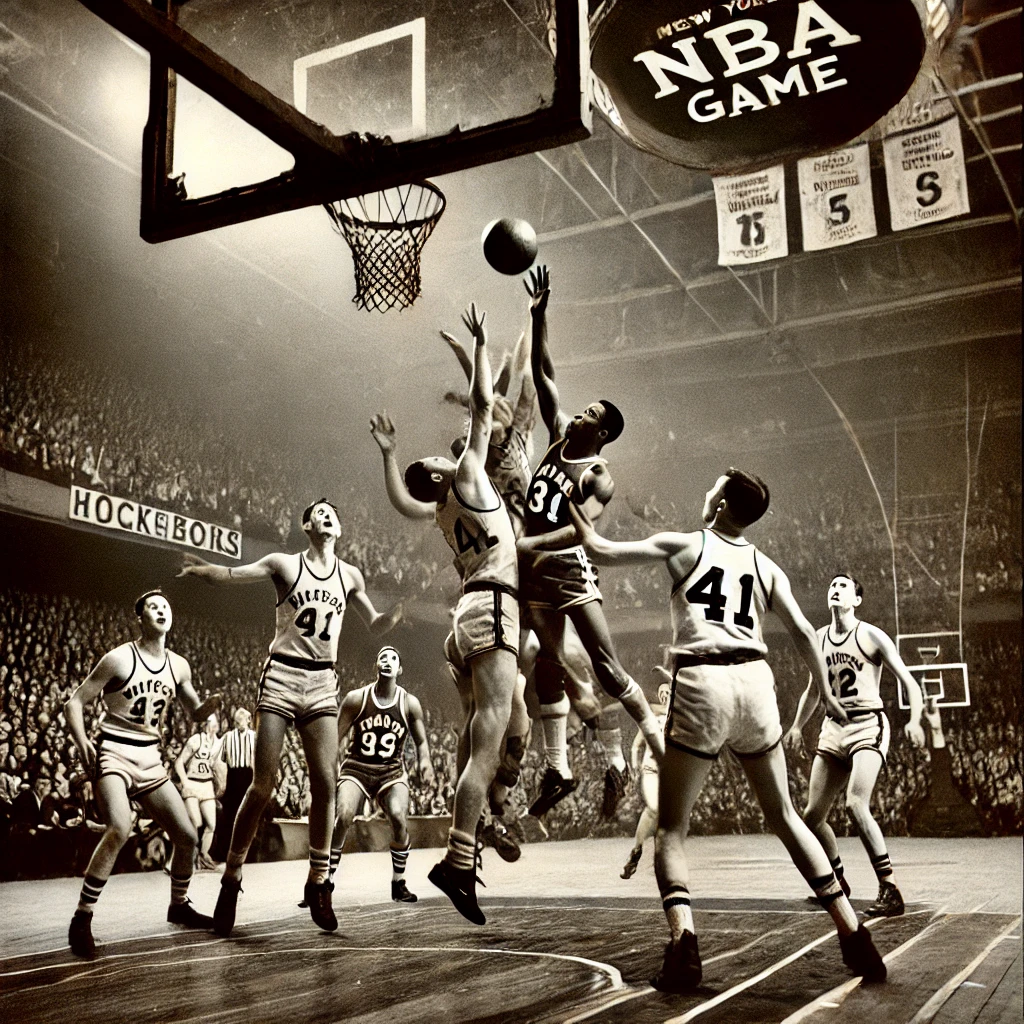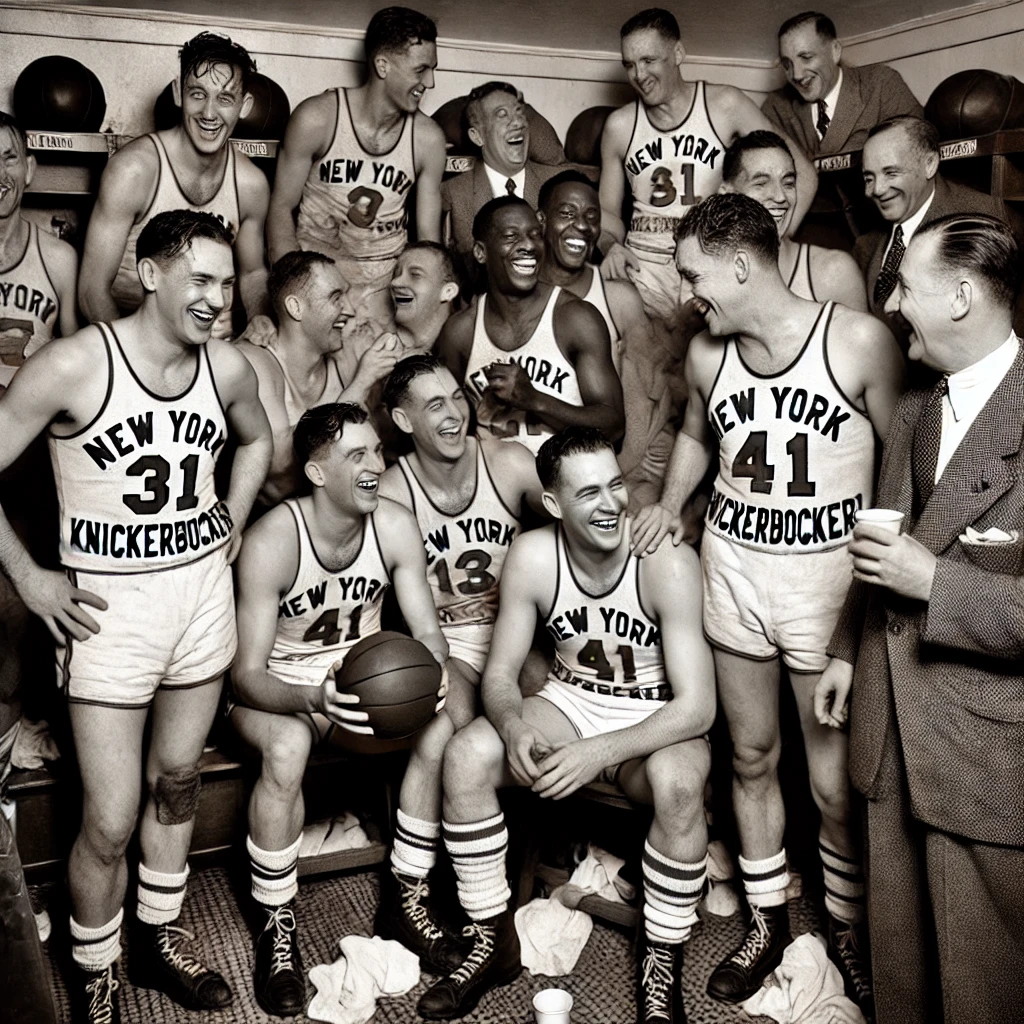On November 1, 1946, the National Basketball Association (NBA) officially kicked off its inaugural season with its very first game. The New York Knickerbockers faced off against the Toronto Huskies at the Toronto Arena, marking a significant milestone in the history of professional basketball. The Knickerbockers emerged victorious, defeating the Huskies 68-66, and thus began the legacy of what would become one of the most popular sports leagues in the world.

The Formation of the NBA
The creation of the NBA was the result of a merger between the Basketball Association of America (BAA) and the National Basketball League (NBL). The BAA was formed in 1946 with the aim of providing a professional platform for basketball, primarily in major cities. However, competition with the NBL, which had been operating since 1937, prompted the two leagues to unite to create a stronger, more sustainable organization.
The NBA’s formation was a response to the growing popularity of basketball in America, especially after World War II. With returning soldiers and a booming economy, there was a demand for professional sports that could entertain and unite fans. The NBA capitalized on this enthusiasm, with its first game serving as a showcase of talent and excitement for the burgeoning sport.

The Impact of the First Game
The inaugural game between the Knickerbockers and the Huskies set the tone for the league’s future, establishing basketball as a professional sport capable of attracting audiences and generating excitement. The close score of 68-66 demonstrated the competitive spirit that would come to define the NBA. The game also introduced fans to a new style of play that emphasized teamwork, strategy, and athleticism.
As the NBA grew in popularity, it began to attract a diverse range of talent, including future legends like Bill Russell, Wilt Chamberlain, and Jerry West. The league quickly expanded its reach, both geographically and demographically, as it welcomed more teams and players from different backgrounds. The first game, therefore, marked the beginning of a rich history filled with iconic moments and transformative players.
A Legacy That Endures
The significance of the first NBA game extends far beyond its initial matchup. Over the decades, the NBA has evolved into a global phenomenon, captivating millions of fans worldwide. The league has expanded to include 30 teams and has witnessed the rise of basketball as a major cultural force, influencing music, fashion, and social movements.

The NBA’s impact can also be seen in its role as a platform for social change. Players have used their influence to advocate for issues such as racial equality, mental health awareness, and community service. The league has become a voice for progress, continuing to inspire future generations both on and off the court.
The first NBA game on November 1, 1946, was more than just a sporting event; it was the inception of a league that would transform the landscape of professional basketball and American culture. As we reflect on this historic moment, we celebrate not only the birth of the NBA but also its enduring legacy as a source of inspiration, entertainment, and social change. The thrilling atmosphere of that inaugural game laid the foundation for a league that has become synonymous with athletic excellence and cultural significance, ensuring that basketball remains a beloved sport for years to come.
